In Vietnam, the application of AI in four key sports including shooting, archery, taekwondo and boxing promises to create a major shift in the approach to training and competition in the near future.

The inevitable direction
In fact, leading sports countries such as the US, Japan, South Korea and China have long applied AI to analyze competition techniques, evaluate athlete performance, control nutrition, develop training programs and support recovery after injuries. In Southeast Asia, Thailand and Singapore are also leading countries in testing models of integrating technology into sports training.
Coach of the national youth taekwondo team Ha Thi Nguyen shared that nearly a decade ago, when she was still an athlete, she participated in training in Korea with a number of key athletes. It was here, when she first had access to digital transformation applications in sports, that she learned exactly how much endurance she had when competing at high intensity.
In the context of increasingly fierce competition in major arenas such as the Olympics or ASIAD, Vietnam's decision to apply AI to sports training is a reasonable one. In the immediate future, the Vietnam Sports Administration has signed a cooperation agreement for the period 2025 - 2030 with Dreamax Company in applying AI to training, management, and reaching out to the fan community.
According to Mr. Hoang Quoc Vinh, Head of the High Performance Sports Department (Vietnam Sports Administration), the four sports selected for the pilot implementation include shooting, archery, taekwondo and boxing, all of which require high technique and absolute precision, and even a small error can determine success or failure. Applying AI to these sports not only helps analyze shooting lines, rhythms, defensive positions, etc., but also provides training indicators that can be compared with international standards.
Through sensors, videos, bio-monitoring devices, etc., data will be collected and processed to provide accurate training recommendations for each athlete. As a result, coaches have more scientific basis to adjust tactics and training methods, while athletes can monitor their own development process visually and effectively.
People are still the deciding factor
However, for this system to operate effectively, a large enough, deep enough and standardized database is needed. This is also a big challenge for Vietnamese sports, where many disciplines are still operating in the traditional way, lacking equipment, technological human resources and especially lacking experience in interdisciplinary coordination (between medicine, sports and technology).
According to Director of the Vietnam Sports Administration Nguyen Danh Hoang Viet, in the coming time, the industry will build athlete data, connect with localities, and help coaches accurately evaluate athletes.
Despite the desire, managers also face many challenges, including the quality and diversity of input data. If the data does not accurately reflect the factors, especially the physical condition, injury history... of the athlete, AI can give incorrect results, even counterproductive.
In addition, data security is also an issue that needs special attention. Each index of an athlete's physical condition, training, and competition is personal and national property. If not strictly managed, it can lead to legal risks. If information about cardiovascular index, reflexes, training patterns, or peak performance is leaked, the athlete may be at a disadvantage against his opponents.
Furthermore, no matter how advanced an AI system is, it cannot operate effectively without a team of experts. Not only coaches and athletes, but also data experts, technology engineers, sports doctors and managers need to be trained to participate in the process of operating and exploiting the technology. Building this force is a mandatory requirement if the AI application program wants to go beyond the framework of a "movement" and become a real training support tool.
In addition, managers agree that while AI is capable of accurate analysis and intelligent recommendations, it is the coaches, experts and athletes who decide how to access and use that information.
Mr. Hoang Quoc Vinh commented: “A training plan suggested by AI may be ideal in theory, but in practice, coaches are forced to make flexible adjustments based on the physical condition, psychology, habits and immediate feelings of each athlete. Therefore, AI should be considered an intelligent assistant, not a replacement for humans in the training process.”
Source: https://hanoimoi.vn/ung-dung-tri-tue-nhan-tao-trong-the-thao-thanh-tich-cao-hua-hen-buoc-chuyen-lon-708890.html



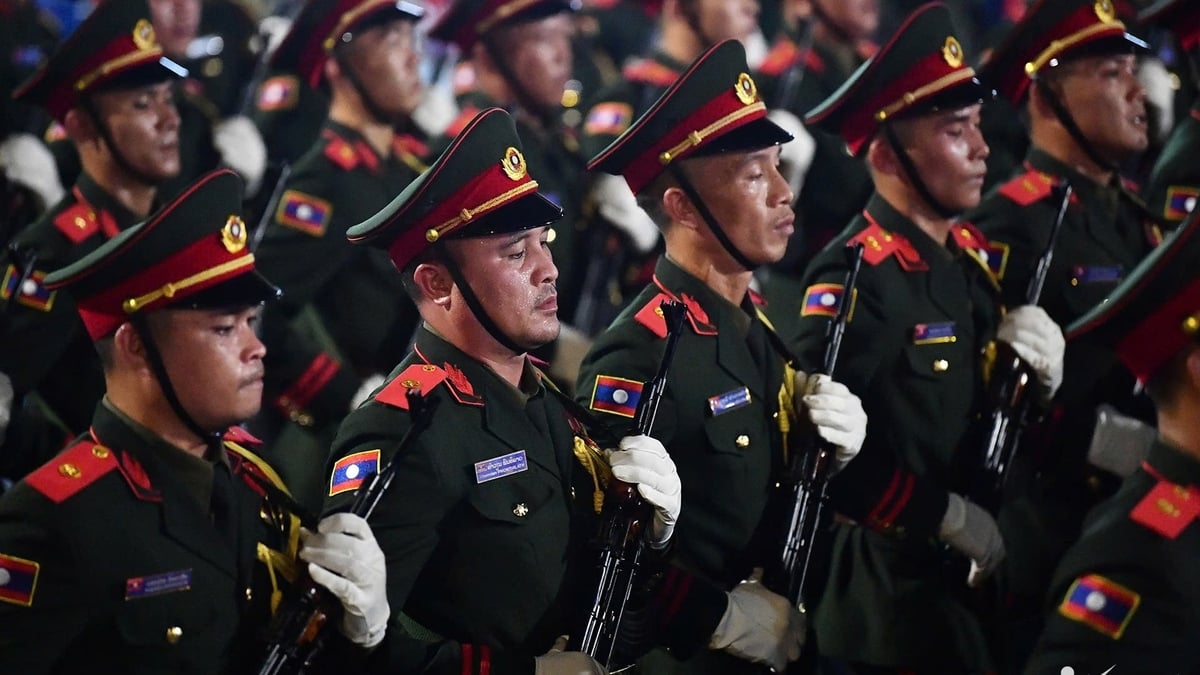
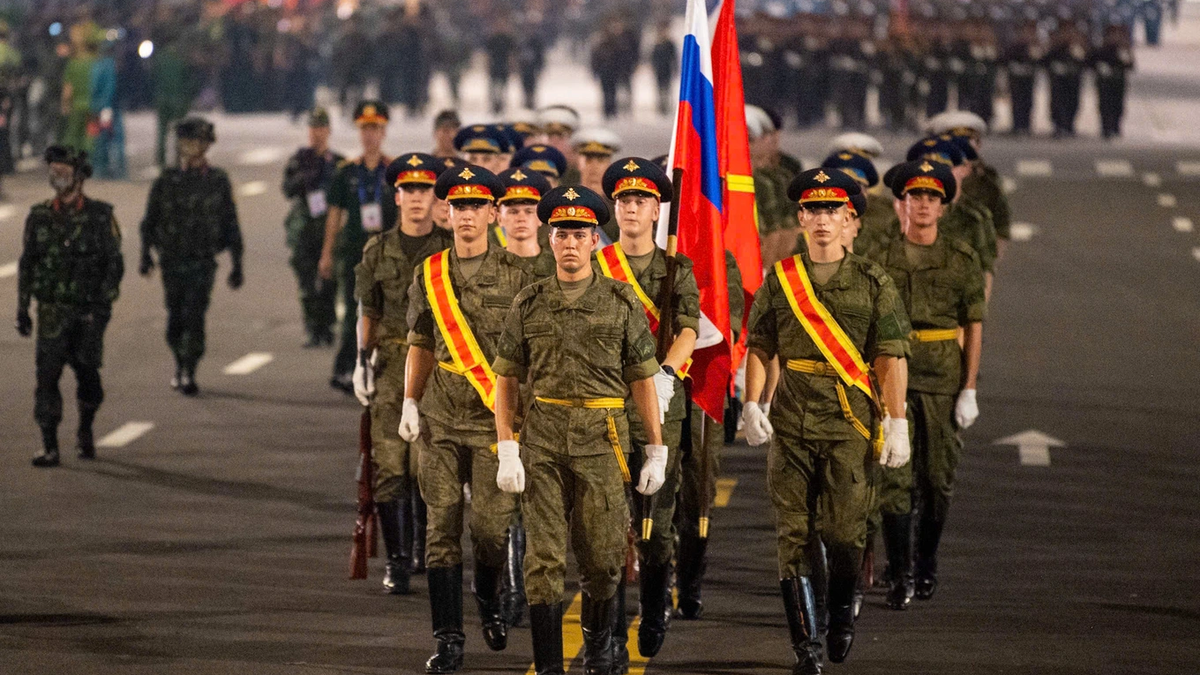
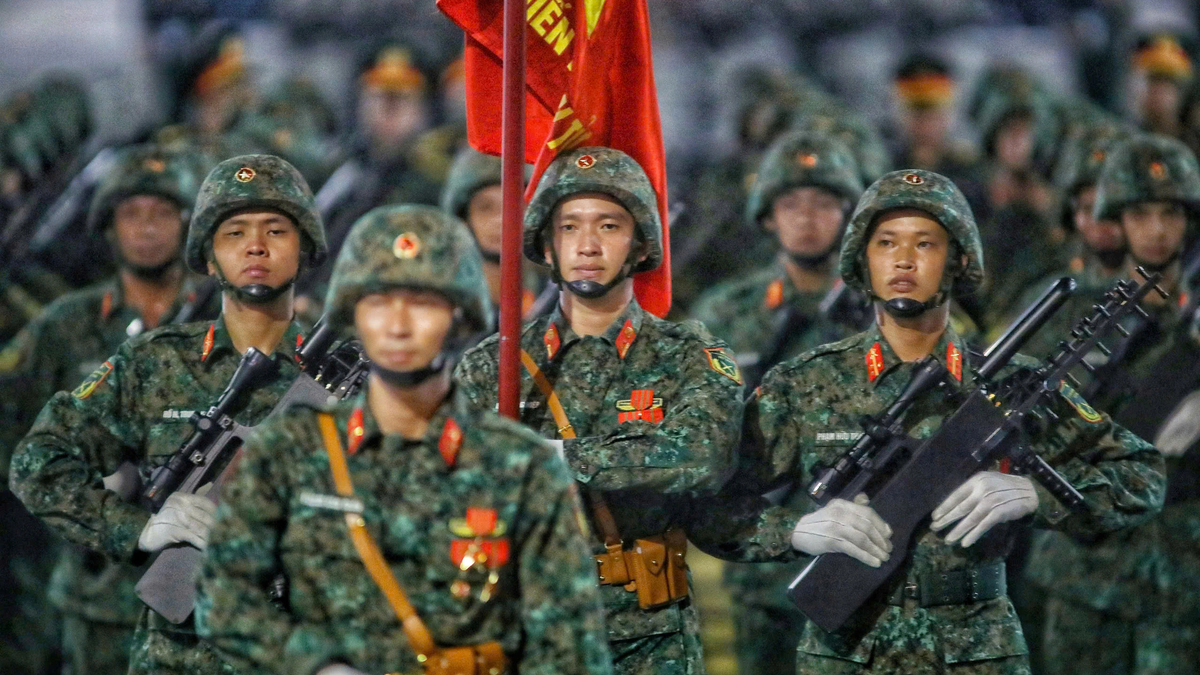
![[Photo] Images of the State-level preliminary rehearsal of the military parade at Ba Dinh Square](https://vphoto.vietnam.vn/thumb/1200x675/vietnam/resource/IMAGE/2025/8/27/807e4479c81f408ca16b916ba381b667)
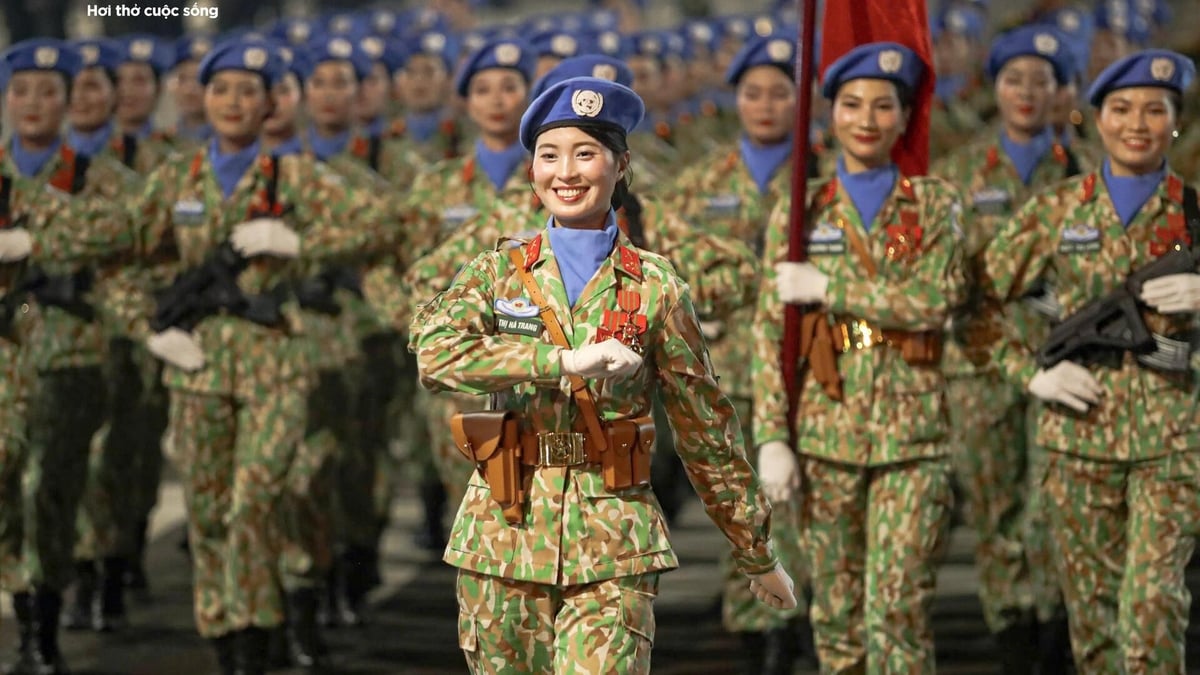
![[Photo] Parade blocks pass through Hang Khay-Trang Tien during the preliminary rehearsal](https://vphoto.vietnam.vn/thumb/1200x675/vietnam/resource/IMAGE/2025/8/27/456962fff72d40269327ac1d01426969)
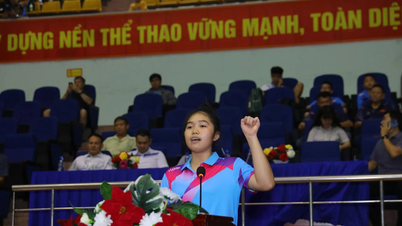

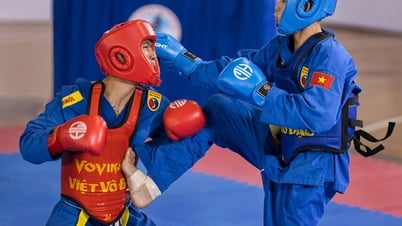

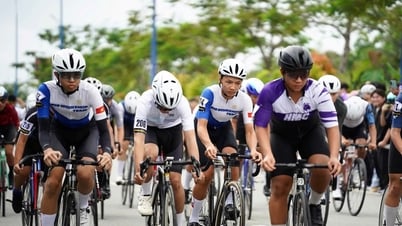
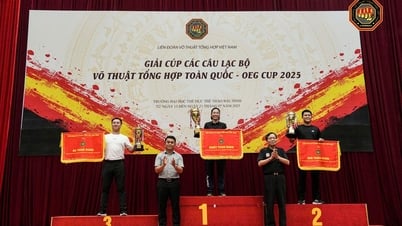
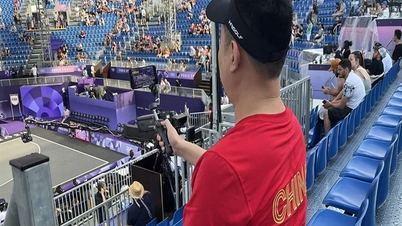

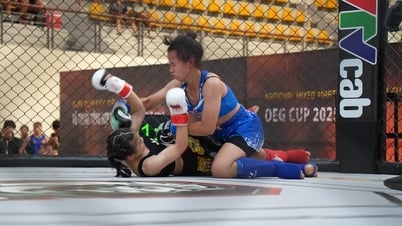
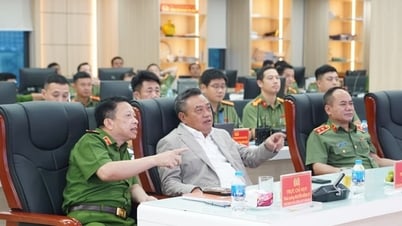
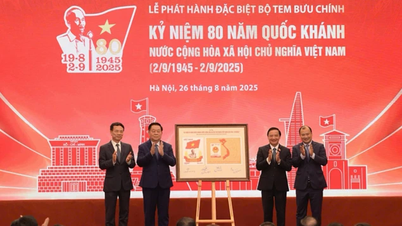

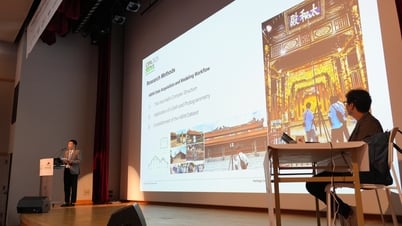

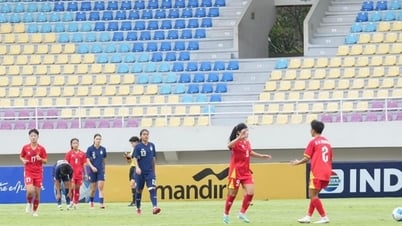
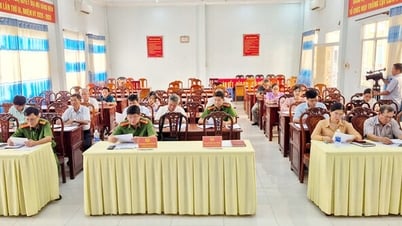

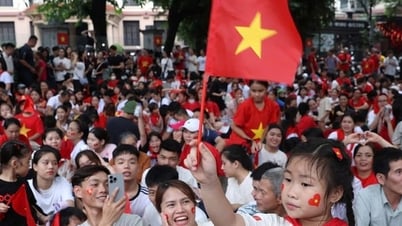




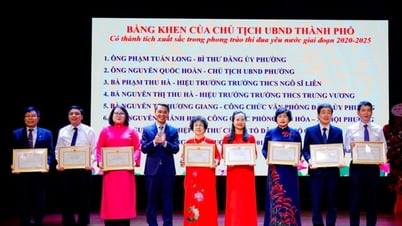
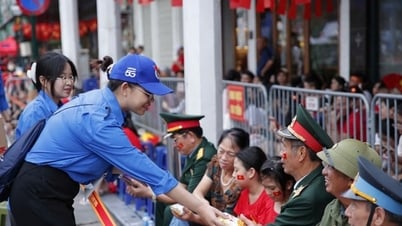
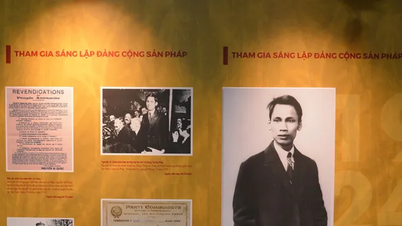
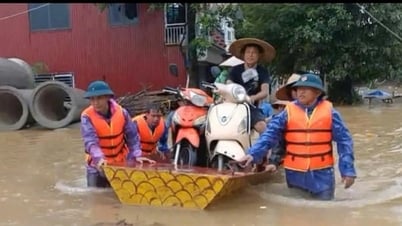
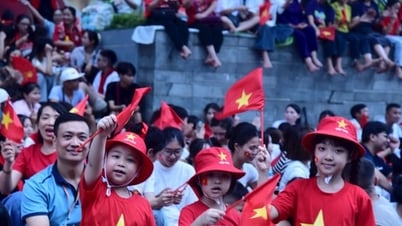
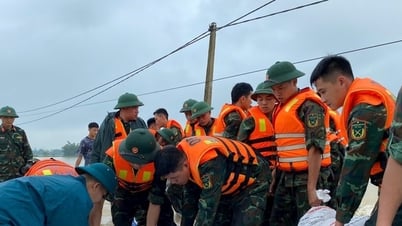























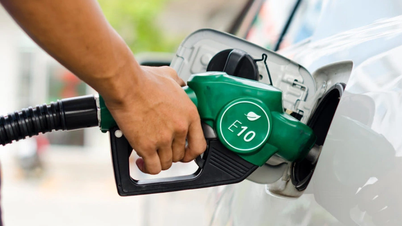




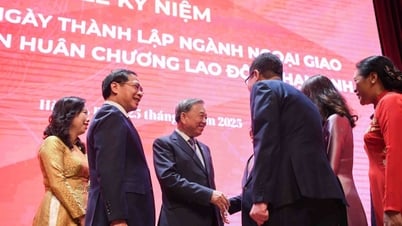

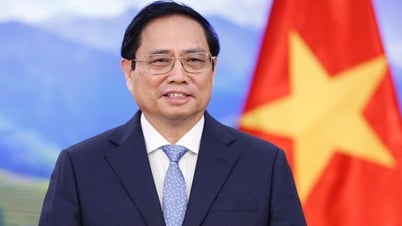

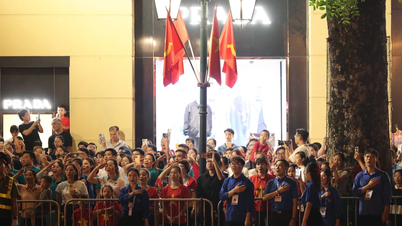

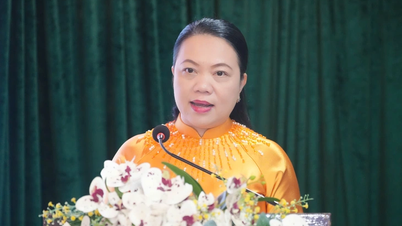
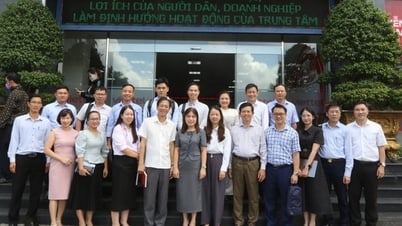





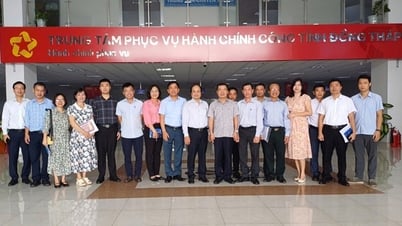
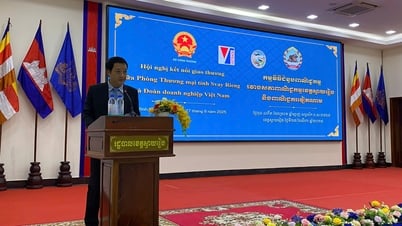

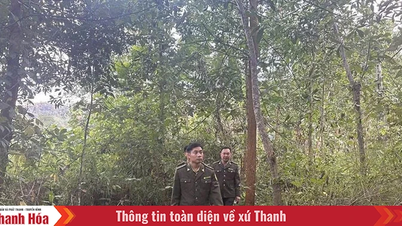



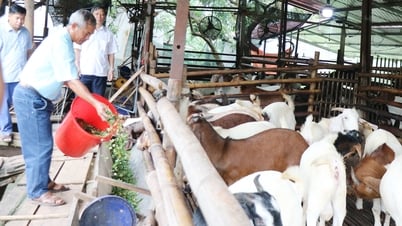












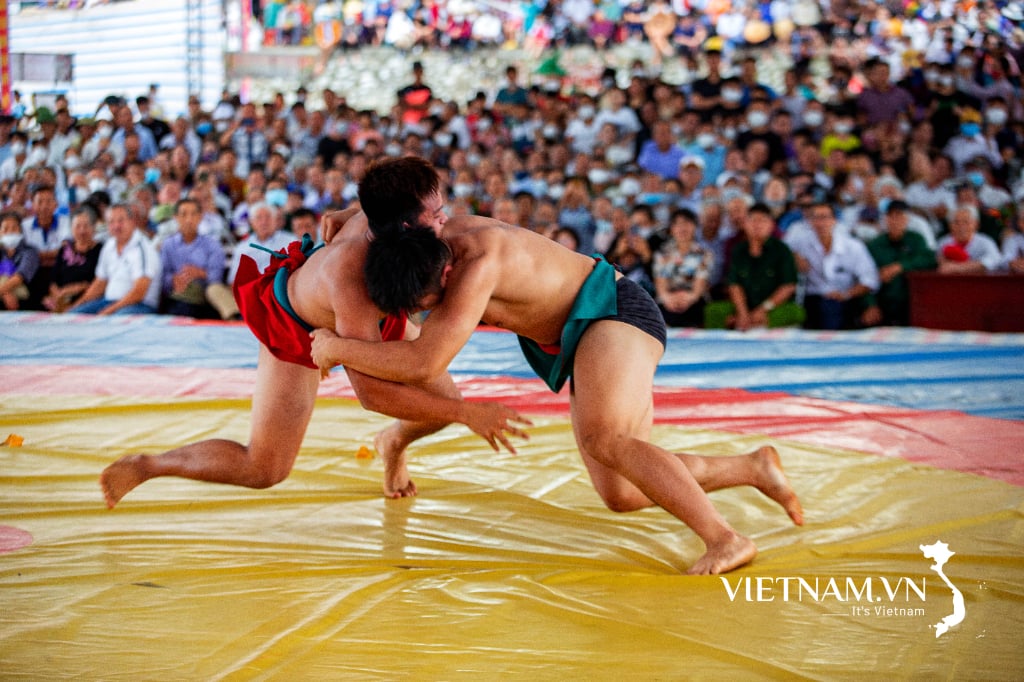

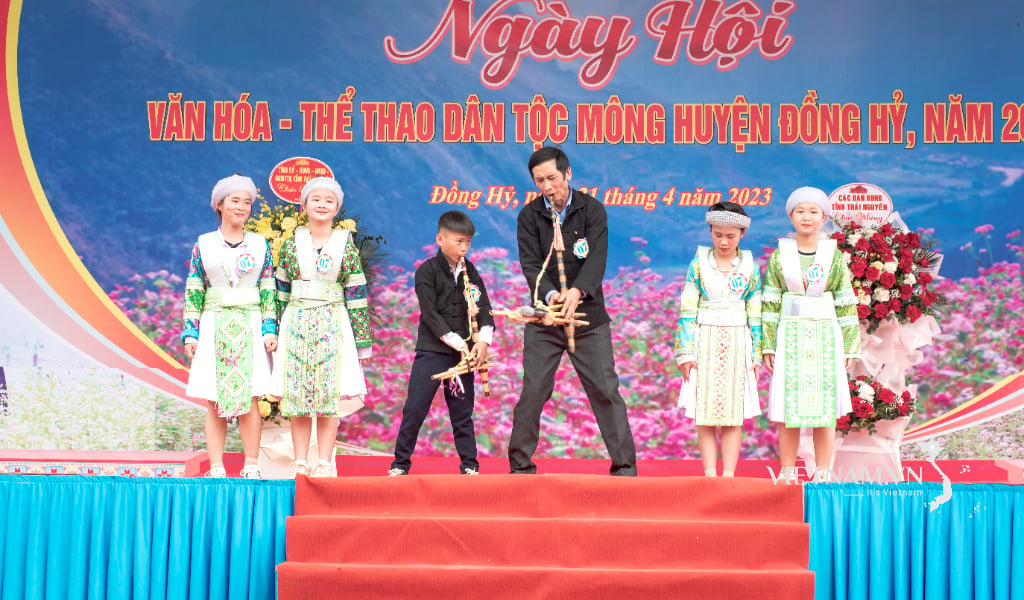

Comment (0)